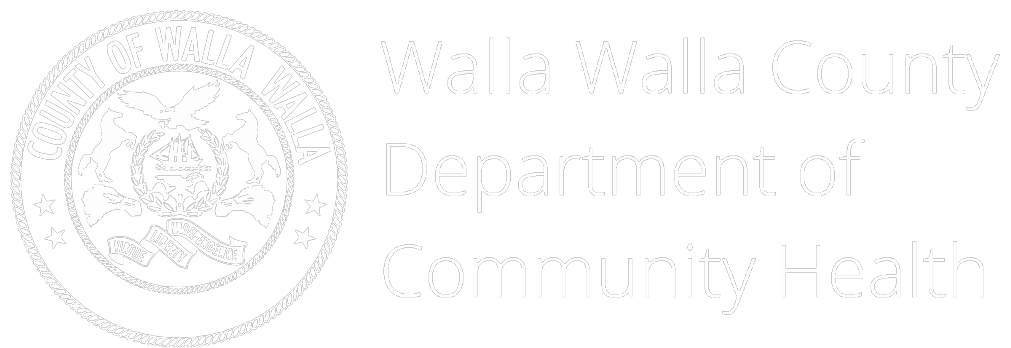-
The COVID-19 vaccine is available to people 6 months of age and older.
December 9, 2022 – The Center for Disease Control and Prevention’s (CDC) updated booster dose recommendations are as follows:
• Children 6 months-5 years who received the original monovalent Moderna COVID-19 vaccine are now eligible to receive an updated bivalent booster two months after completing the primary series.
• The Pfizer COVID-19 vaccine for children 6 months-4 years will now include two monovalent Pfizer doses and one bivalent Pfizer dose.
o Children 6 months-4 years who have not yet begun the 3-dose Pfizer primary series or who have not received the third dose of their primary series will now receive the updated Pfizer series
o Children 6 months-4 years who have already completed the 3-dose Pfizer primary series will not be eligible for additional doses or boosters at this time
• Novavax monovalent COVID-19 boosters are also available for adults if they have completed primary series vaccination but have not previously received a COVID-19 booster — and if they cannot or will not receive an updated mRNA booster.
-
SYMPTOMS
Some of the common symptoms people in Walla Walla County are experiencing right now are fatigue, headache, and sore throat.
People with these symptoms may have COVID-19: Fever, chills, cough, shortness of breath or difficulty breathing, fatigue, muscle or body aches, headache, new loss of taste or smell, sore throat, congestion or runny nose, nausea or vomiting, diarrhea.
TESTING LOCATIONS
You can get tested for COVID-19 at any of the following locations:
Providence Southgate
1025 S. Second Ave, Walla Walla, WA 99362Providence Urgent Care
1025 S. Second Ave, Walla Walla, WA 99362Rite-Aid
2028 E Isaacs Ave, Walla Walla, WA 99362Walgreens
633 W Tietan St, Walla Walla, WA 99362Walla Walla Clinic
55 W Tietan Street, Walla Walla, WA 99362Family Medical Center
1120 West Rose Street, Walla Walla, WA 99362Providence ExpressCare - College Place
1705 SE Meadowbrook Blvd Ste 2, College Place, WA 99324For more detailed testing information please visit the COVID-19 Testing page.
TRAVEL RECOMMENDATIONS
What You Need to Know
• Protect yourself and others from COVID-19:
o Get up to date with your COVID-19 vaccines before you travel.
o Consider getting tested before travel.
o Follow CDC’s recommendations for wearing masks in travel and public transportation settings.
o Get tested after travel if your travel involved situations with greater risk of exposure such as being in crowded places while not wearing a high-quality mask or respirator.
• Check your destination’s COVID-19 Community Level before traveling. State, tribal, local, and territorial governments may have travel restrictions in place.
Before You Travel
Make sure to plan ahead:
• Get up to date with your COVID-19 vaccines before you travel.
o Find out when you can get your booster and where to get a vaccine or booster.
o COVID-19 vaccines are effective at protecting people—especially those who are boosted— from getting seriously ill, being hospitalized, and even dying.
• Check the current COVID-19 Community Level at your destination.
o If traveling to an area with high or medium COVID-19 Community Levels, and you are, live with, or are visiting someone who is at higher risk of getting very sick, learn how to protect yourself and them.
• Make sure you understand and follow all state, tribal, local, and territorial travel restrictions, including proper mask wearing, proof of vaccination, or testing requirements.
o For up-to-date information and travel guidance, check the state, tribal, local and territorial health department’s website where you are, along your route, and where you are going.
• If traveling by air, check if your airline requires any testing, vaccination, or other documents.
• Prepare to be flexible during your trip as restrictions and policies may change during your travel.
• If you have a weakened immune system or are at increased risk for severe disease, take multiple prevention steps to provide additional layers of protection from COVID-19 even if you are up to date with your COVID-19 vaccines.
o Talk to your healthcare provider about your risk before travel and consider delaying travel to areas with high COVID-19 Community levels. Even if you are up to date, you should know what precautions to take.
GET TESTED! WHEN AND WHY?
Seek testing if you have symptoms of COVID-19 or have been in close contact with someone who may be positive for COVID-19. You should get tested immediately if having symptoms, or 3-5 days after suspected exposure, even if you don’t experience any symptoms.
Testing allows people to take precautions, like quarantining, in a timely manner to stop the virus from spreading; infected people without symptoms can still spread the virus. Testing also helps public health officials identify and respond to outbreaks, and to track new variants of the virus. Testing is an important component in helping resume normal activities.

COVID-19 DATA


